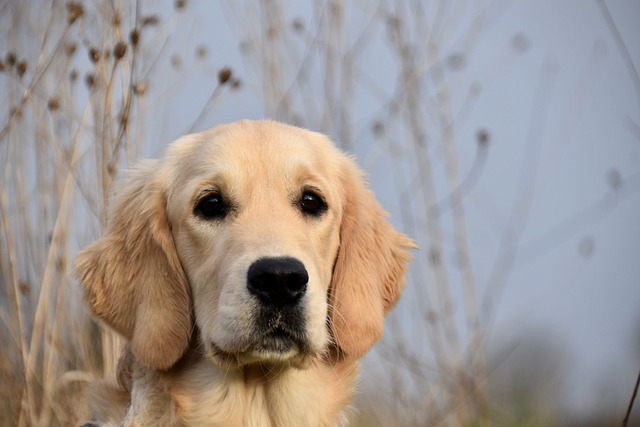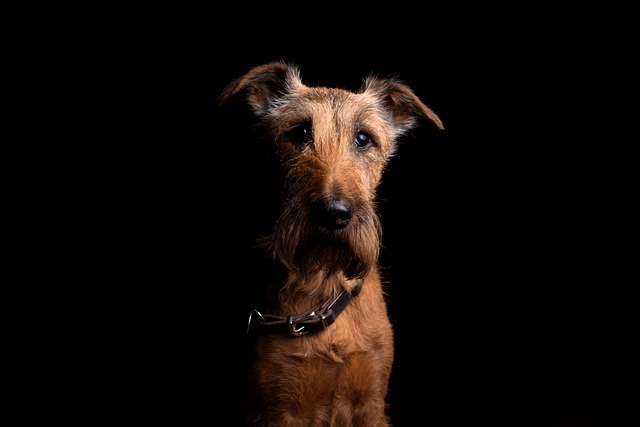Dogs are naturally social creatures, but building comfort around other pups doesn’t happen overnight—especially for young dogs or those who haven’t had much exposure. Many new owners assume playtime with any dog will work, but rushing interactions can lead to fear or aggression later on. The key is to take small, positive steps that let your dog feel in control, which builds confidence over time. Start with calm, low-energy settings instead of busy dog parks; a quiet neighborhood walk where they spot another dog from a distance is a great first move.
Before any socialization starts, make sure your dog is up-to-date on core vaccines like distemper and parvovirus—this isn’t just a health step, it’s often required by local laws in many places. While you’re out, always carry waste bags too; cleaning up after your dog is a basic courtesy in neighborhoods and public spaces, and ignoring this can lead to fines in some areas. When you do introduce your dog to another, keep both on leashes at first—use a loose leash, though, since tension can make your dog anxious. Let them sniff each other briefly if they seem interested, then guide them away after a minute or two—short, positive interactions are better than long ones that might turn stressful.
 Positive reinforcement is the only way to go here—punishment like yelling or yanking the leash will only make your dog associate other dogs with fear. Keep tiny, tasty treats handy and give them a reward whenever they stay calm around another dog. For example, if you pass a pup on the sidewalk and your dog doesn’t bark or pull, say “good job!” and give a treat right away. This teaches them that calm behavior around other dogs leads to good things. If you live in an apartment, try scheduling short visits to a quiet outdoor area with a friend’s well-behaved dog—this lets your dog practice without the chaos of a busy park.
Positive reinforcement is the only way to go here—punishment like yelling or yanking the leash will only make your dog associate other dogs with fear. Keep tiny, tasty treats handy and give them a reward whenever they stay calm around another dog. For example, if you pass a pup on the sidewalk and your dog doesn’t bark or pull, say “good job!” and give a treat right away. This teaches them that calm behavior around other dogs leads to good things. If you live in an apartment, try scheduling short visits to a quiet outdoor area with a friend’s well-behaved dog—this lets your dog practice without the chaos of a busy park.
Not all dogs have the same personality, and that’s okay. Some might love playing with every pup they meet, while others prefer just a quick sniff and then moving on. Never force your dog to interact if they seem scared—signs like flattened ears, tucked tails, or backing away mean they need space. Respecting their limits is part of being a responsible owner, and it helps keep socialization positive. Also, be mindful of other dogs too—always ask the owner if their dog is friendly before approaching; some dogs might be in training or have health issues that make interactions tough.
Over time, these small steps will help your dog feel more comfortable around other dogs, making walks and outings more enjoyable for both of you. Remember, progress takes time—don’t get frustrated if your dog has a bad day now and then. Stay consistent with calm introductions and positive rewards, and you’ll build a foundation of confidence that lasts. And always keep those vaccines current and waste bags handy—staying compliant with local rules keeps everyone safe, from your pup to the community around you.

 Positive reinforcement is the only way to go here—punishment like yelling or yanking the leash will only make your dog associate other dogs with fear. Keep tiny, tasty treats handy and give them a reward whenever they stay calm around another dog. For example, if you pass a pup on the sidewalk and your dog doesn’t bark or pull, say “good job!” and give a treat right away. This teaches them that calm behavior around other dogs leads to good things. If you live in an apartment, try scheduling short visits to a quiet outdoor area with a friend’s well-behaved dog—this lets your dog practice without the chaos of a busy park.
Positive reinforcement is the only way to go here—punishment like yelling or yanking the leash will only make your dog associate other dogs with fear. Keep tiny, tasty treats handy and give them a reward whenever they stay calm around another dog. For example, if you pass a pup on the sidewalk and your dog doesn’t bark or pull, say “good job!” and give a treat right away. This teaches them that calm behavior around other dogs leads to good things. If you live in an apartment, try scheduling short visits to a quiet outdoor area with a friend’s well-behaved dog—this lets your dog practice without the chaos of a busy park.



